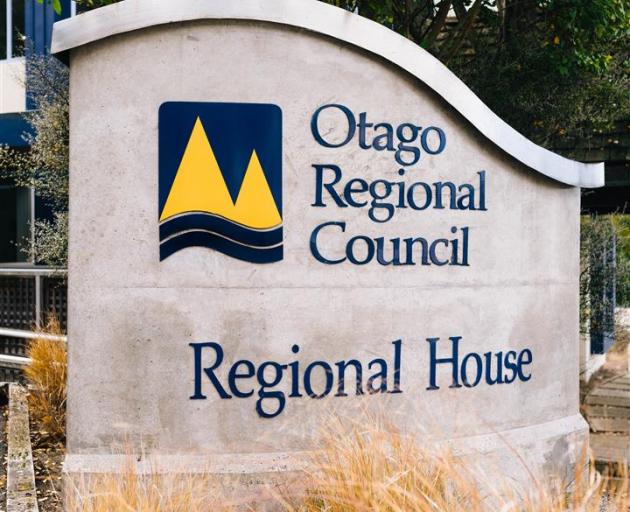
Otago Fish & Game environmental officer Nigel Paragreen said the Environment Court’s decision on the council’s water permits plan change was bittersweet.
Water permits that allowed too much water to be taken from some rivers were to be rolled over into new consents but at least the court decision meant those over-allocations being rolled over were now limited to just six years, Mr Paragreen said.
Before plan change 7 came in, consents that allowed water users to take unsustainably large amounts of water from some Otago rivers were being granted for terms of up to 35 years, he said.
The court decision on plan change 7, was not perfect, but it was certainly an improvement on that.
"For the environment, it’s sort of the ‘least worst’ option left on the table," Mr Paragreen said.
The court decision said the council’s plan change 7 had been substantially rewritten as it went through a hearings process due to the submissions received but the relief sought by many to allow for consents for periods of more than six years was not approved.
The six-year duration of consents was linked to an imminent change in water management with the council’s new land and water plan due to be complete by the end of 2023, it said.
Mr Paragreen said the decision was an acknowledgement of a widely held view that the present water plan was flawed.
Plan change 7 simply put off the reallocation of water until after the new plan was written but with the short-term consents, Fish & Game believed some rivers would continue to suffer from often excessive levels of water use.
The decision disappointed farmers.
Irrigators were unhappy with plan change 7, saying they would be unable to invest in their operations due to the uncertainty a short-term consent created.
"Really, this is a last-minute plan change that shouldn’t have had to happen," Mr Paragreen said.
"Had the previous ORC leadership properly prepared for the deemed permit process, we might have avoided the plan change 7 and other deemed permit related hearings.
"The resource burden on parties in these last five years due to the outdated state of the water plan has been outrageous."
Council chairman Andrew Noone did not respond directly to the criticism of previous leaders at the ORC but agreed deemed permits and relatively permissive rules in the current water plan meant there was a "very real risk" in Otago the amount of water taken from some rivers exceeded what rivers could sustain.
The council was seeking to mitigate this risk through the development of its new land and water plan, he said.
"Regardless of how we got here, it is incumbent on the ORC to find a path forward, and that is where we are now focused," Mr Noone said.
"The National Policy Statement on Freshwater Management 2020, and the investigation and subsequent recommendations of Environment Minister David Parker — which the ORC have committed to delivering — have given us a clear path towards a compliant and fit-for-purpose freshwater management framework."












